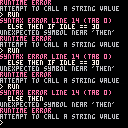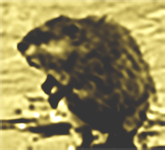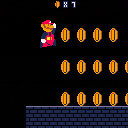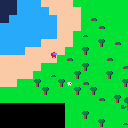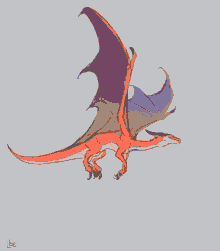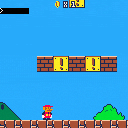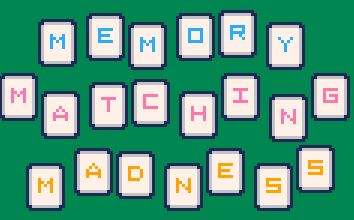
-
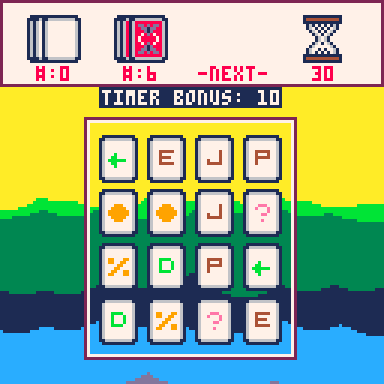
Overview
Welcome to "Memory Matching Madness," a captivating memory matching card game that will test your memory and perception. Immerse yourself in this classic game with a twist, featuring smooth animations and dynamic gameplay.
Controls
- Controller support by default. Testing done with keyboard & Xbox Controller
- Directional Pad: Move Cursor
- A Button (Xbox) / Z (Keyboard): Confirm / Flip Card
- Mouse support toggled in PICO-8 Menu.
- Touch support toggled in PICO-8 Menu.
How to Play
Playing "Memory Matching Madness" is simple:
- Click on two cards to reveal them.
- Match pairs of cards to make them disappear.
- Keep matching until you've cleared the entire grid.
- Earn new pairs by completing grids
Credits
- Game Development: ZerkDev
- Soundtrack: Inspired by Nintendo classics
- Title theme inspired by: Game & Watch Gallery 1
- Setup theme inspired by: Super Mario Bros 3 Card Matching Mini-game
- Stage theme inspired by: Ice Climbers
- Special Thanks:
- My wife and siblings for their support.

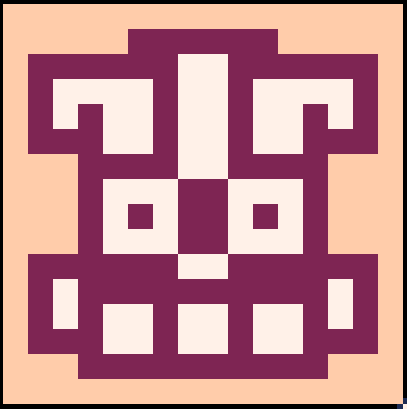


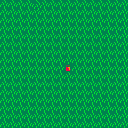
Controls:
⬆️⬇️⬅️➡️ move
⭕️ [Z] Jump / Fire
❎ [X] Skip speech / continue
Story
Guide Imrahil the Kalendar Prince through the perils of many Arabian nights. On certain nights, he must gather golden jugs, engraved with letters, in the correct order to spell out 'ARABIAN' (the platform stages).
At other times, he rides on rafts and flying carpets through Arabia, casting bolts of lightning at his foes. His quest for the princess Anitra is long and difficult - many dangers lurk in the Arabian night!
Remake:
The original game for Commodore 64 "Tales of the Arabian Nights"
(c)1984 Interceptor Micros. Written by Ian Gray.

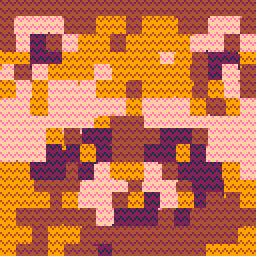
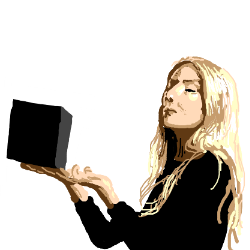
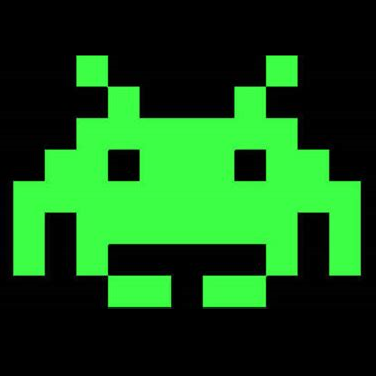

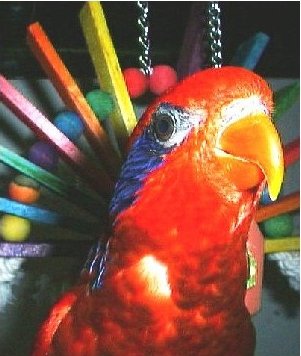



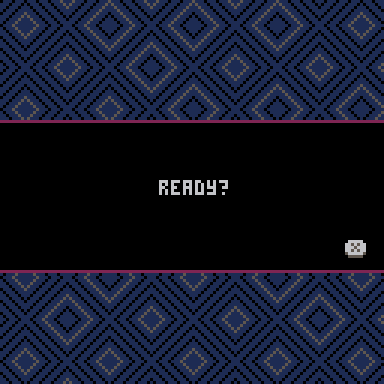
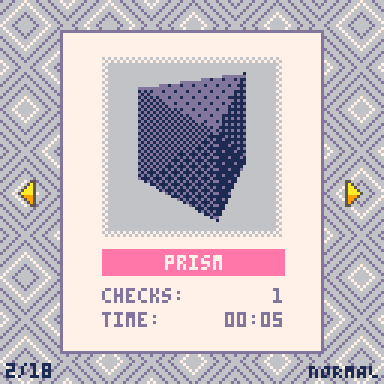
Hidden Shapes is a puzzle game about finding 2D shapes on 3D objects.
Each puzzle features a 3D object that can be rotated, scaled and moved. This object is made of triangles that you can turn on and off. Your goal is to fill up a flat 2D shape (your goal shape) by selecting the right triangles and making them exactly match that shape.
The goal shape is always revealed at the beginning of each level for 3 seconds. After that, whenever you want to see it again for a moment, you'll need to trigger a check. If you think that you've solved a puzzle, you'll also need to "check" you progress.


I just finished a game for a 1-bit game jam, requiring the use of only 2 colors . Slime's light is a small puzzle game that uses light and shadow to activate and deactivate doors and lamps. Unfortunately, I had to minify the code to make it fit into a single cart. You can access the unminified code on the itch page.
Controls:
Arrow keys - move
X - pickup / drop
Z - slow movement
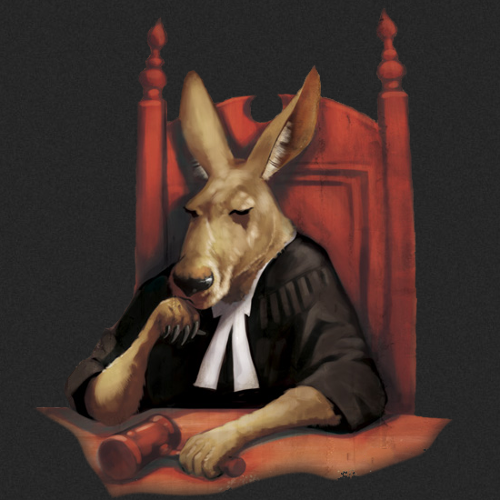



I feel like making a set of tutorial carts. What topic would help people the most?
I was thinking of a simple introduction to math for games, since that topic comes up frequently on the forums. Or maybe how to do collision detection? I see people asking about that fairly often too.
Any thoughts? Or suggestions of a topic? Would you find this useful?
.jpg)

Controls: Arrow keys to move. Hold X to pull blocks.
Where do all those tetrominoes come from? From the Tetrafabrika, of course!
Build tetrominoes as fast as possible in this manic arcade Sokoban-like.
This is my entry to Lowrezjam 2023--where you make a game at 64x64 resolution or lower.
v1.01
Do not worry. It's going to be okay.
Has today been rough? Are you feeling a distinct lack of emotion due to outside factors? Come sit down, relax, and distract yourself for a little. Play games of Othello against this sentient void, who will be here to support you. It will be okay.
Made for A Game By Its Cover 2023. Inspired by Lumbud84's cover art for Apathello from the Famicase Exhibition 2023. Developed for PICO-8. Also available on itch.io.
Instructions
- Arrow keys: Move cursor, change player difficulty
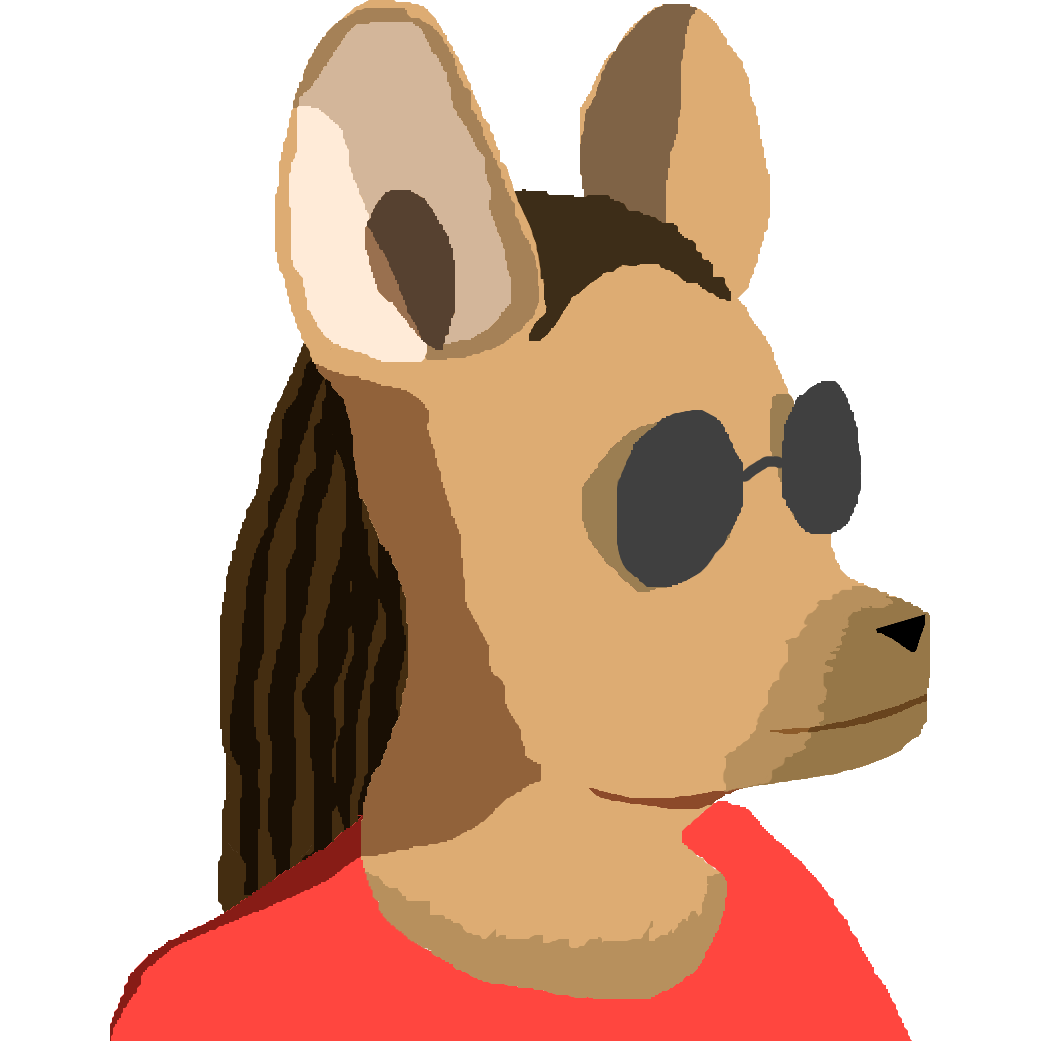
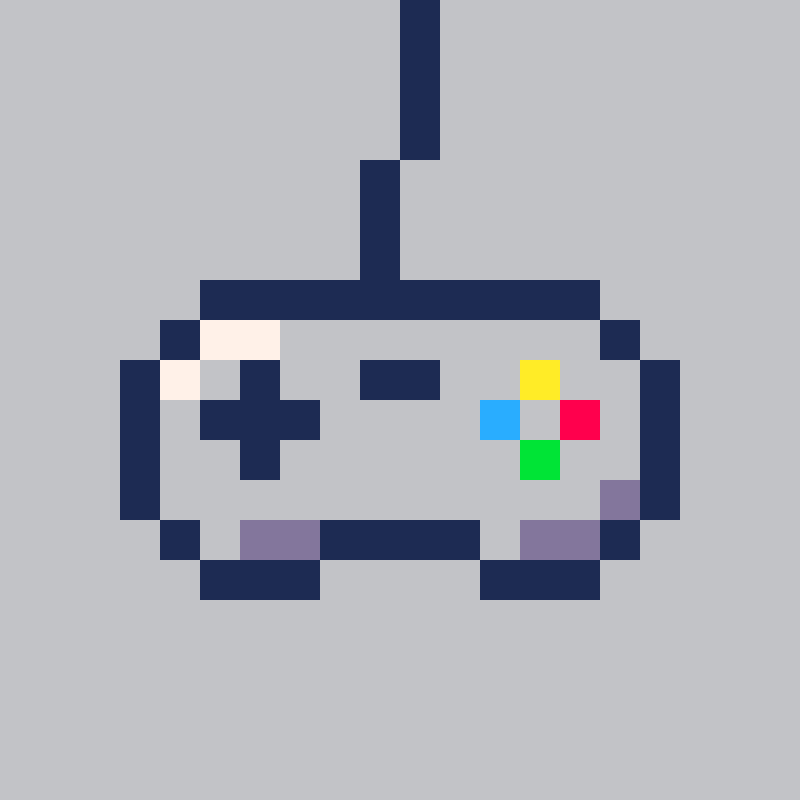



Recently I am learning how to combine my collision system with advanced movement into my top-down "walking simulator" cart, when I often found my character "stuck" on the walls.
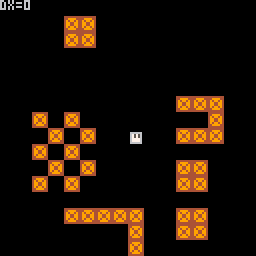
Note: only applied advanced movement in X axis, while you can go through walls in Y direction in case of stuck.
Collision codes:
function collid(x,y,con) local x1,x2,y1,y2=0,0,0,0 local cflag=0 if con==⬅️ then x1,x2,y1,y2=x,x-1,y,y+7 end if con==➡️ then x1,x2,y1,y2=x+7,x+8,y,y+7 end if con==⬆️ then x1,x2,y1,y2=x,x+7,y,y-1 end if con==⬇️ then x1,x2,y1,y2=x,x+7,y+7,y+8 end if fm(x1,y1,1) or fm(x2,y1,1) or fm(x1,y2,1) or fm(x2,y2,1) then cflag=1 end return cflag end |
function fm(x,y,flag) return fget(mget(z\8,y\8),flag) --assuming solid flag = 1 end |
X-axis movement codes:
function upd_pmove() p.x,p.y=mid(0,p.x,120),mid(0,p.y,120) --x:acc movement if collid(p.x,p.y,➡️)+collid(p.x,p.y,⬅️)==0 then if btn(➡️) then p.dx+=p.acc end if btn(⬅️) then p.dx-=p.acc end else p.dx=-p.dx end p.x+=p.dx p.dx*=friction p.dx=mid(p.dx,p.max_dx,-p.max_dx) ... end |
So, have you got any more adaptative collision to cope with that sticky situation? Or is there any improvement for the movement system? Post here if any!
-ThePixelXb_
Mangle08 (!!!SEIZURE WARNING!!!)
What this cart does is poke as many values as possible to mangle pico-8 into an almost unusable state. it will mess with colors, drawing, the map(?), and sounds.
This cart is best experienced when downloaded and ran on desktop pico-8, or at https://www.pico-8-edu.com/ . just type "load #mangle" to load it. after running it for a bit try messing around with the sprite editor, sounds, map, or anything else.
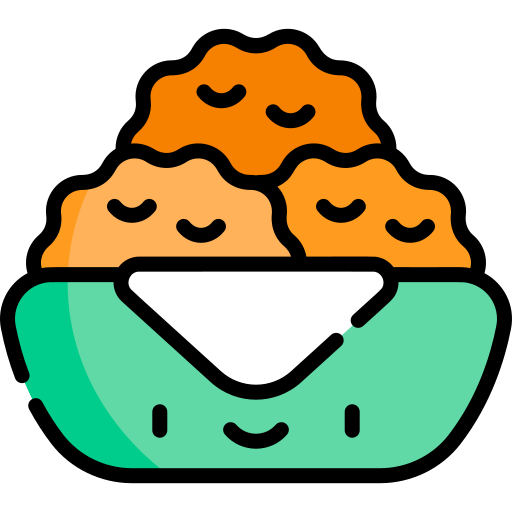





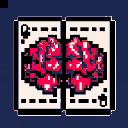
 4 comments
4 comments



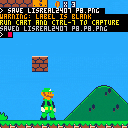
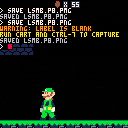
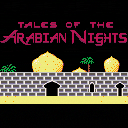
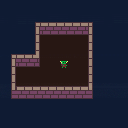
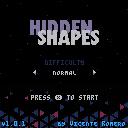
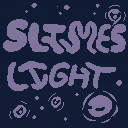

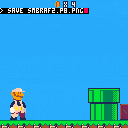
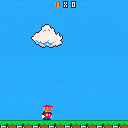
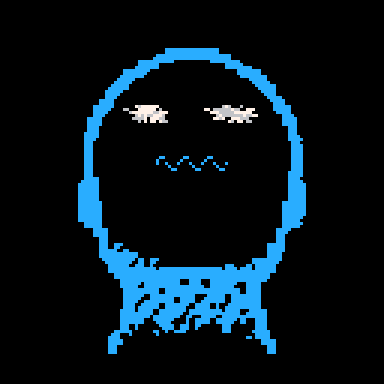
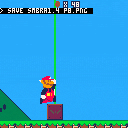
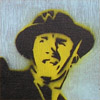
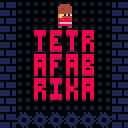

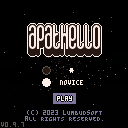
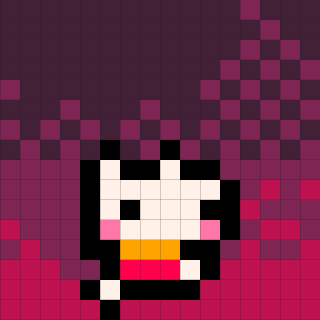
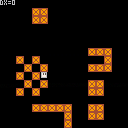
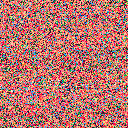
.png)
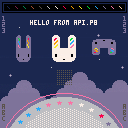
_scaled_77x_pngcrushed.png)

